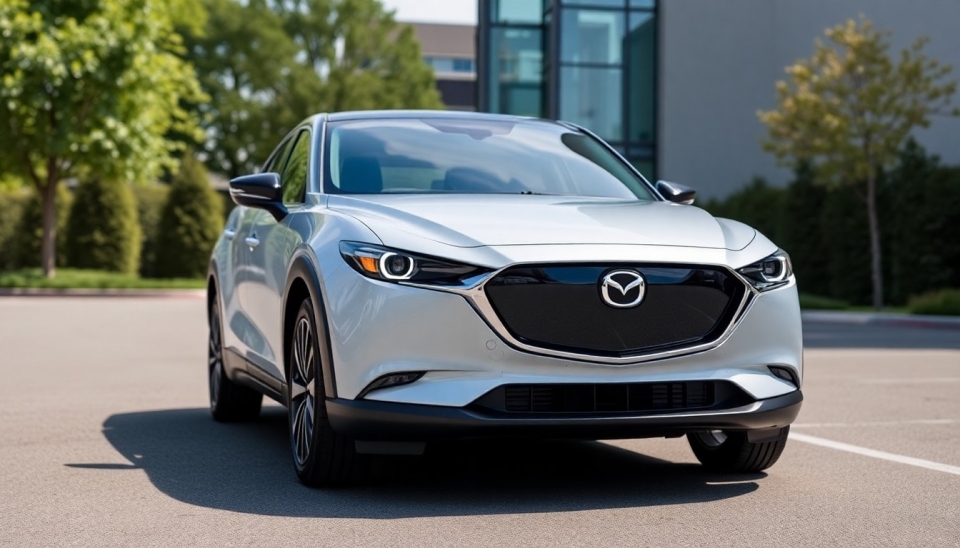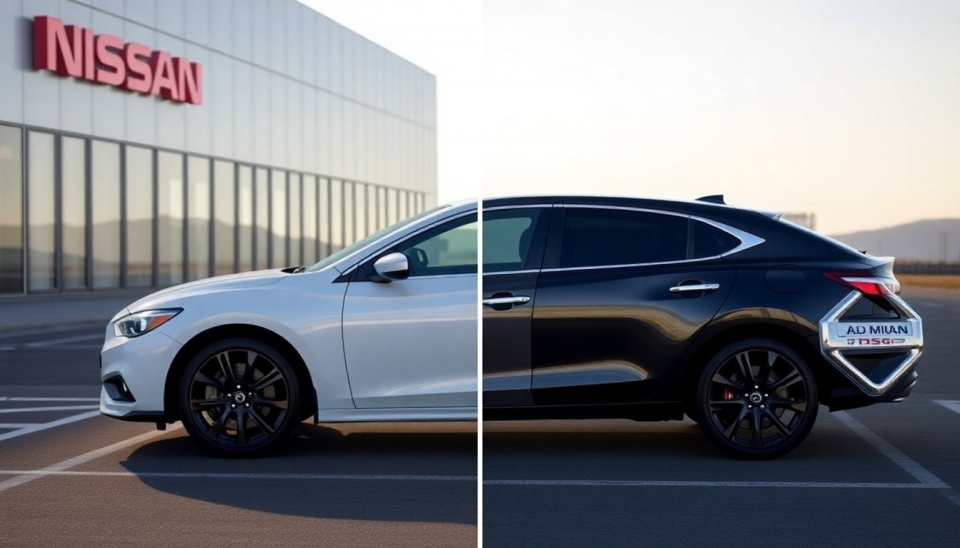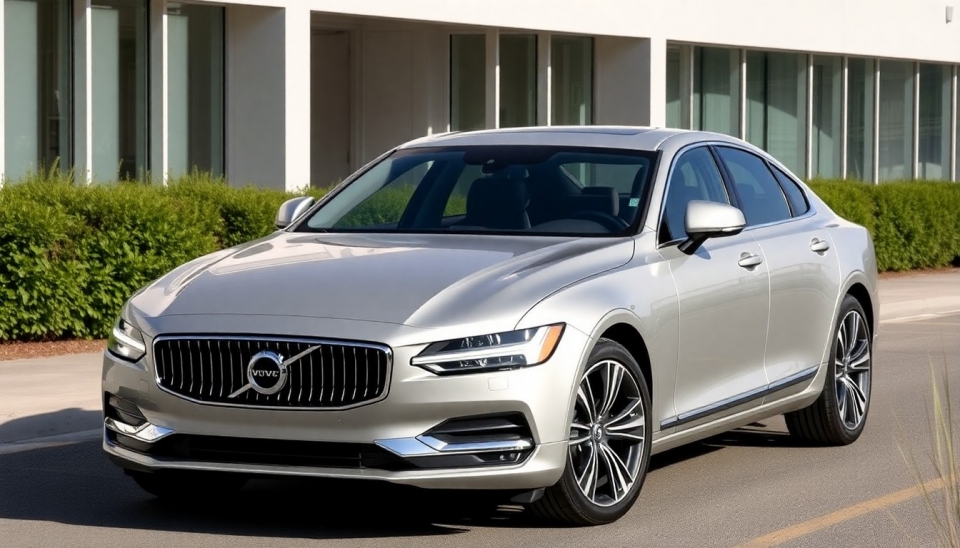China Faces Challenges in Promoting EV Adoption in Poorer Towns

China, as the world's leader in manufacturing and selling electric vehicles (EVs), is encountering significant challenges in boosting EV purchases in the country’s less affluent regions. Despite substantial investments in charging infrastructure and subsidies for EV purchases, sales remain low in areas such as Guizhou province. Local residents often opt for more affordable and traditional internal combustion engine vehicles.
The issue is further complicated by the fact that low-income areas face a lack of informational resources about the benefits of EVs, alongside the absence of necessary charging infrastructure. In the context of economic instability and rising living standards, the government's attempts to draw attention to sustainable vehicles in poorer cities are met with indifference from the local population. People base their choices not only on price but also on practical utility, making traditional vehicles more appealing in this scenario.
Automakers point out that for the successful implementation of the country’s electrification strategy, it is essential to consider cultural and social aspects as well. Conducting informational campaigns to educate the public about the benefits of EVs and introducing financing systems for purchasing electric vehicles could help enhance their appeal. For example, in areas like Shanghai and Beijing, increased interest in EVs has been achieved through active information promotion and accessible financial terms.
Nevertheless, it remains unclear how quickly and effectively such initiatives can be implemented in less affluent areas, and what measures will be taken to overcome cultural barriers. The EV market in China remains unstable, with success dependent not only on technology but also on understanding societal needs.
#Electric #vehicles #China #Guizhou #Poor #towns #Eco-transport




